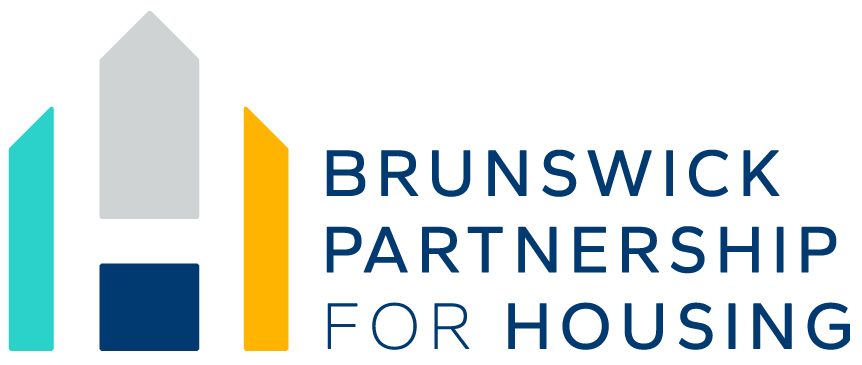
Trauma-Informed Care
At Brunswick Partnership for Housing (BPH), we are committed to providing services within an environment that stems from a trauma-informed approach.
Trauma-Informed Care (TIC) is a framework that considers how trauma affects us, including our beliefs, emotions and relationships. It reframes our perspective on a person, community or situation from “What’s wrong with you?” to “What happened to you?”
The core principles of a trauma-informed approach are:
Patient/Client Empowerment
Choice
Collaboration
Safety
Trustworthiness
Trauma-informed housing is based on the principles of TIC. At BPH, we use the Trauma-Informed Housing Toolkit developed by the organization Preservation of Affordable Housing (2025).
The toolkit adapted the TIC core principles for a housing context perspective to create the four principles of trauma-informed housing:
Safety & Trust
Choice & Empowerment
Community & Collaboration
Beauty & Joy
Trauma affects 6 in 10 people
Trauma is a leading health concern in the U.S. It affects 6 in 10 people and disproportionately impacts residents of affordable housing. Individual trauma results from an event, series of events or set of circumstances that is experienced by an individual as physically or emotionally harmful or life threatening. It has lasting adverse effects on the individual’s functioning and mental, physical, social, emotional or spiritual well-being as defined by Substance Abuse and Mental Health Services Administration (2014).
Lived experiences cultivate understanding
Housing and community development practices must strive to seek to understand and acknowledge residents’ collective lived experiences and expertise. If overlooked, housing owners and operators risk perpetuating trauma among the very communities they seek to serve.
Historically, the housing sector has evaluated community development impact through the lens of the number of units produced or preserved. However, a trauma-informed design approach, centers around residents lived experiences and understands success not just in terms of bricks and mortar, but on the well-being of residents and the staff that serve them.
TIC creates safe, supportive environment
Trauma can impact individuals, families, systems, and organizations. At Brunswick Partnership for Housing, we make it our mission to use a trauma-informed care approach to cultivate a safe, supportive and respectful environment to empower clients as they work to achieve their housing goals.
References
Preservation of Affordable Housing. (2025).Trauma-Informed Housing: A Toolkit for Advancing Equity and Economic Opportunity in Affordable Housing. https://traumainformedhousing.poah.org/home
Substance Abuse and Mental Health Services Administration. (2014). SAMHSA’s Concept of Trauma and Guidance for a Trauma-Informed Approach. HHS Publication No. (SMA) 14-4884. Rockville, MD: Substance Abuse and Mental Health Services Administration.
